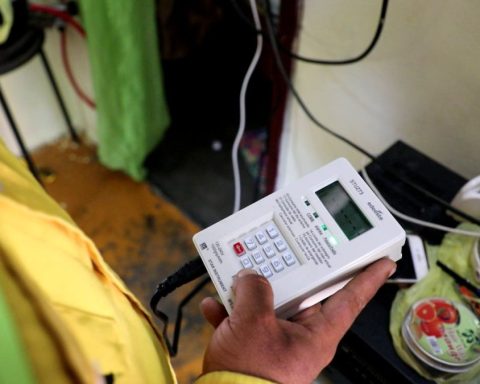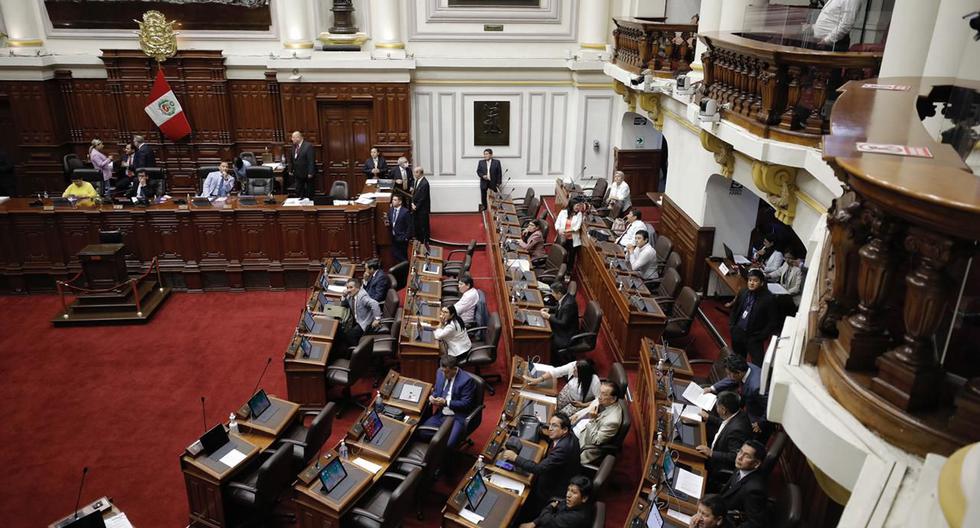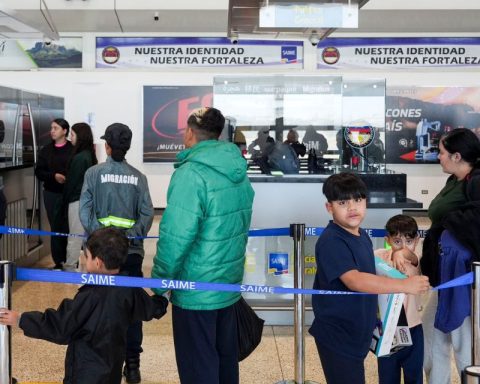Bangkok (EFE).- In 2021, thailand China joined a select group of Southeast Asian countries in legalizing abortion, but two years later ending an unwanted pregnancy remains a taboo in the Buddhist-majority nation, where clandestine practices continue due to religious dogma and lack of information.
Thailand legalized abortion up to 12 weeks gestation in February 2021 and, last September, extended the term to 20 weeks. However, its access is still a challenge amid the scarcity of specialized guidance and the refusal of professionals to perform it due to personal beliefs.
“Religion plays a very important role and many doctors and health professionals associate the practice with a sin that can influence their karma,” says the activist and coordinator of the NGO Choices Network Thailand, Kritaya Archavanitkul, who She has been active for three decades for women’s rights.
Every year, an estimated 300,000 women undergo an abortion in Thailand, many through clandestine techniques due to the difficulty of accessing it through legal channels, according to data from the Referral System for Safe Abortion (RSA). acronym in English), an independent association but recognized by the Thai Ministry of Health.
Thus, the 2021 law, with which Thailand joins other Southeast Asian countries that allow the termination of pregnancy without justification, such as Vietnam, Cambodia and Singapore, is considered an “important framework” for the rights of women in the region.
“We can say that it is a fairly progressive law, because it gives women the power to decide over their own bodies and freely access abortion services within the law and within the health system,” says Kritaya.
However, he points out that, despite the regulations, in practice little has changed, since “abortion is still considered a clandestine activity” in the midst of the moral, social and legal obstacles that still prevail in society.
“In theory, any woman can go to a public hospital and get free pills and medical help, but in practice, when they seek an abortion, most hospitals say they don’t offer that kind of service,” she explains.
Today, Thailand has about a hundred clinics or hospitals, most of them public but some private, that perform pregnancy terminations, distributed across 38 of the 77 provinces of the country -which means coverage in less than 50 % of the national territory.
As they carry out the procedure, difficulties are added, such as the fact that several establishments are limited to providing assistance to only local residents, with which women living in provinces that lack service are often left helpless, says Kritaya.
In the absence of legal support, many are forced to resort to unsafe practices, such as clandestine abortions and drug use, or pay “exorbitant sums” to perform the procedure.
This is the case of 19-year-old BM, who traveled with her boyfriend to seek an abortion at a private clinic in Bangkok after having her request denied at three health centers in her province, in the northeastern part of the country.
On condition of anonymity, BM tells EFE that in the last nine weeks he has lived “a true nightmare” because, in addition to hiding the pregnancy from his family – “they are all very traditional and would never understand it” – he did not know if he would be able to collect the necessary funds for the trip and procedure in Bangkok.
The price to terminate a pregnancy in a private center in the Thai capital is around 5,000 baht (about $150), although the figure can go up to 20,000 baht ($590) depending on how advanced the pregnancy is.
“But I was running out of time and running out of options. So I got some friends together, they lent me the money and we were able to come, but I still don’t know how I’m going to pay them back”, says BM.
Open secret
The young woman affirms that she came to the clinic, located a few meters from the busy commercial area of Asok, thanks to the advice of an acquaintance, because “although no one talks about it, abortion is an open secret.”
A maxim that is repeated even among doctors and health professionals, since it is not unusual for them to provide assistance about the practice in a veiled manner.
“Some facilities do offer the procedure but they don’t want anyone to know about it, because they don’t want to be known as the ‘abortion hospital,’” says Kritaya.
A gynecologist at the renowned Bumrungrad Hospital in Bangkok, who asked not to reveal her identity, acknowledged to EFE that, despite the fact that it is a right recognized by law, many professionals still refuse to perform abortions for fear of “tarnishing their reputation.”
“My patients often ask for guidance on the subject and, although I personally don’t do it, I always end up indicating the places that do,” he says.
But despite the “many difficulties” that remain, Thailand is beginning to see a paradigm shift, whether thanks to the creation of telephone or internet services to help women, increased awareness, or new generations of “more willing” professionals. ” to perform the procedure.
“Very slowly the stigma is changing, there is an increasing number of doctors and health centers that offer the service and also a change in mentality, since many have come to understand that they are really helping these women,” Kritaya clarifies.
















